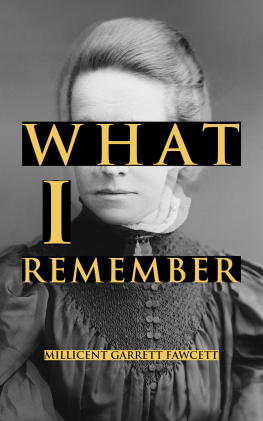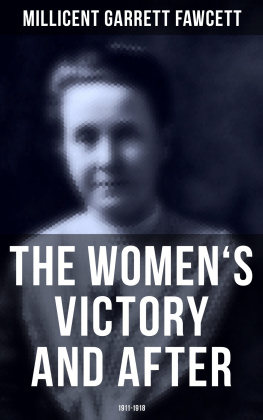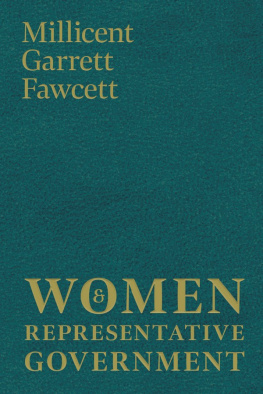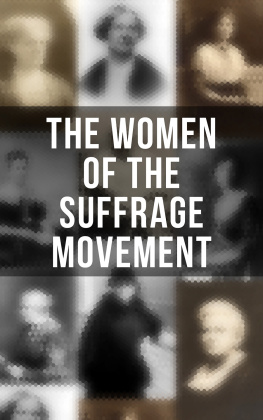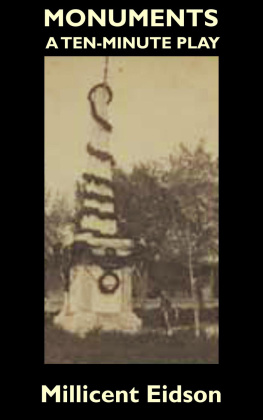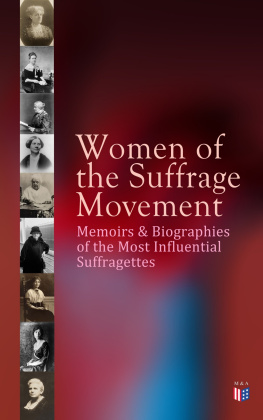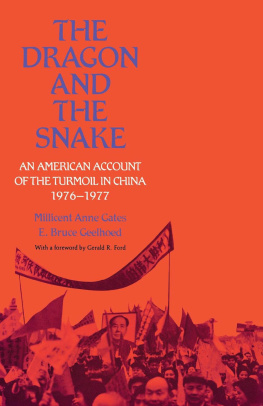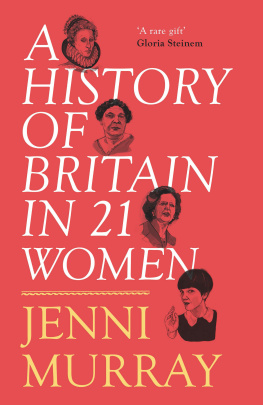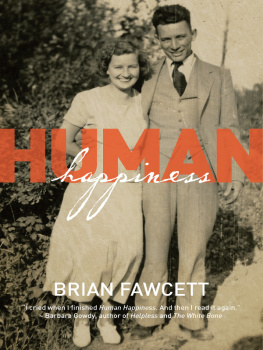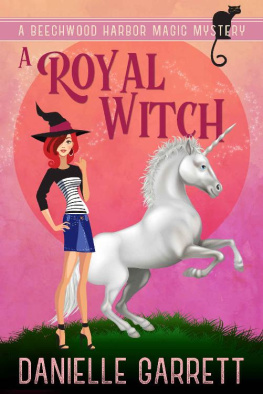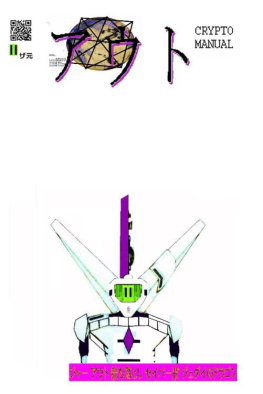Chapter I
THE ALDEBURGH OF LONG AGO
It was my good fortune to be born a member of a large family, and, moreover, in the younger half of it. I was either the seventh or the eighth child of my parents. I could never quite settle in my own mind which, for my eldest brother, born in November 1837, died in the following May, so his brief existence had come to an end nearly nine years before I was born in 1847; my only knowledge of him came from occasional references by my mother, who told us sometimes how, when her first little boy died, she had kneeled down and prayed God to take her too. I could, therefore, never really claim the special good fortune which is said to attend a seventh child; but my sister Agnes and I were content to share this, and many other things, between us. Another piece of good fortune is that I have never known either poverty or riches, so that in my case the prayer of Agur was answered without my asking.
The year of my birth was the year of the Irish Famine and the repeal of the Corn Laws, and the following year saw the downfall of half the old autocratic Governments in Europe. Naturally, I cannot remember anything of these tremendous events; but they may possibly have had an electrifying effect upon the whole atmosphere in which I found myself as a little child. At any rate, I began to hear about public events, and to think, in my childish way, about them at an early age; for instance, I remember walking along the crag path at Aldeburgh (we always resisted with vehemence any Cockney attempt to call it The Esplanade, The Parade, or any such name) when I was young enough to be holding my fathers hand and hearing him and listening with all my ears to his arguments, while he was persuading some of the leaders among the beachmen to volunteer for the Navy at the beginning of the Crimean War. I think this must have been in 1853; one man, I can recall perfectly, reiterating again and again that he was as ready as any man to sacrifice himself for his country, But volunteer, sir, I will not. I also remember very distinctly the death of the Emperor Nicholas in March 1854, and thinking in my heart that, of course, now the war would cease. I could not picture war except as a struggle between individuals, and if the man we were fighting with was dead, there could be no reason to fight any more. It was one of the strange things about grown-ups, I thought, that they never seemed to see the things that were so obvious to a child. The next thing I remember about the Crimean War is my father coming in at breakfast-time with a newspaper in his hand, looking gay and handsome, and calling out to all his little brood, Heads up and shoulders down; Sebastopol is taken. This was in September 1855.
There was a very cordial and friendly feeling between my father and the seafaring men at Aldeburgh. He was a merchant and owned a small fleet of trading vessels which plied between our little town and London, and also Newcastle and the North. Later he built vessels for himself at his principal place of business, Snape, a few miles higher up the river than Aldeburgh. He had some official position which connected him with the beachmen. I remember on his business writing-paper the, to me, mysterious words, Agent for Lloyds and Receiver of Droits of Admiralty. The sound and look of the words Droits of Admiralty fascinated me. In the old days of sailing vessels the coast of Suffolk, and particularly the Aldeburgh bay, were very dangerous, and there was never a wreck without my father being present, and if there were lives to be saved he took an active part in the dangerous and difficult work. The rocket apparatus for sending a cord or rope over a distressed ship had not then been perfected, and lives were often lost in the vain attempt to reach and save mariners in ships which had been storm-driven on one of the shoals off Aldeburgh. The gun, three times fired, which summoned the lifeboat crew for active service was a familiar and none the less an intensely thrilling sound in our ears. Whenever the lifeboat was launched, even were it only for a practice, every man, woman, and child who heard the gun hurried to the beach, some to lend a hand, and all to see and wish and hope that the departing men would return in safety and bring their rescued comrades with them. It was a deep, angry sea where a tall man would be out of his depth three yards from the shore, and the great breakers in a storm beat with deadly weight upon men and ships alike. I remember one awful day, 2nd November 1855, when there were seventeen ships driven ashore or broken up on the shoals off Aldeburgh in my fathers district. Everything that possibly could be done was done, but there was a terrible loss of life. My father received the official thanks of the Royal National Lifeboat Institution, engrossed on vellum, for his services on this occasion. This document, which now belongs to my nephew Philip Cowell, runs thus: That the special thanks of the Royal National Lifeboat Institution be presented to Newson Garrett, Esq., in testimony of his highly meritorious conduct in assisting to rescue through the surf nine out of the eleven of the crew of the Swedish brig Vesta, which in a gale of wind was wrecked near Orford Low Lighthouse on the 2nd November 1855.
There was a family of seamen for which we ever after felt a deep bond of gratitude and affectionthe Cables. My father and George Cable were taking a leading part in making a human chain along a rope to reach a shipwrecked crew in urgent distress and fetching them off one by one. My father went first, Cable second, and a good number following; after doing this and bringing in his man several times, my father showed signs of exhaustion, and Cable said to him, Look here, governor, you have done this often enough, and he took the leading place on the rope from my father and assumed it himself; he never came ashore again; the rope snapped between my father and Cable, as if it had been pack thread, and Cable was washed away and perished in sight of the gallant men who had undertaken the work of rescue. My father was again, and by his own choice, in the place of the greatest risk, which had just ended fatally before his eyes. We were always taught by my mother to remember that Cable had saved my fathers life.
James Cable, the son of George just referred to, was only a boy when all this happened, but as he grew in years he developed into a very fine seaman, much respected and well known all along the coast and in the Lifeboat Society for combined courage and caution; for many years, indeed until old age compelled him to withdraw, he was coxswain of the Aldeburgh lifeboat. On one occasion this boat, under James Cables command, had more than usually distinguished itself, so that newspaper men from London came down to learn and retail all the particulars of the brave work. They found Cable the very reverse of communicative; their only chance seemed to be to pump his narrative out of him in fragments, question by question. One of these, and Cables reply to it, form a sort of epitome of his character.


